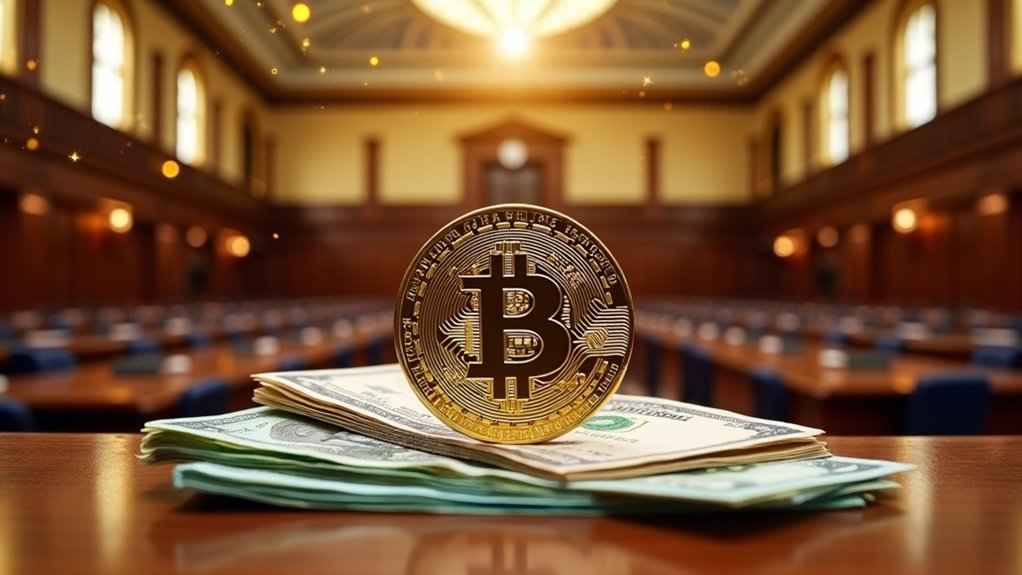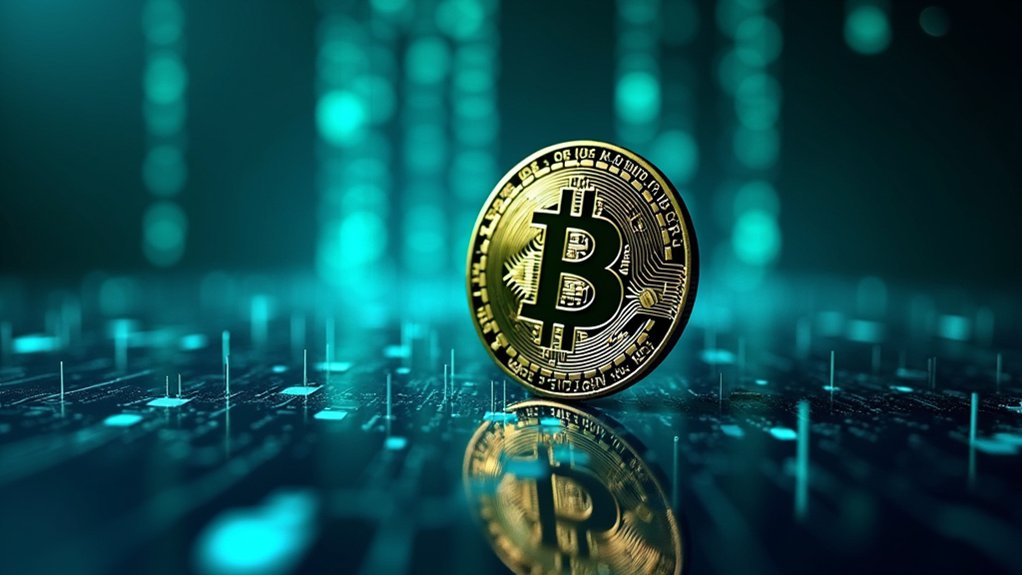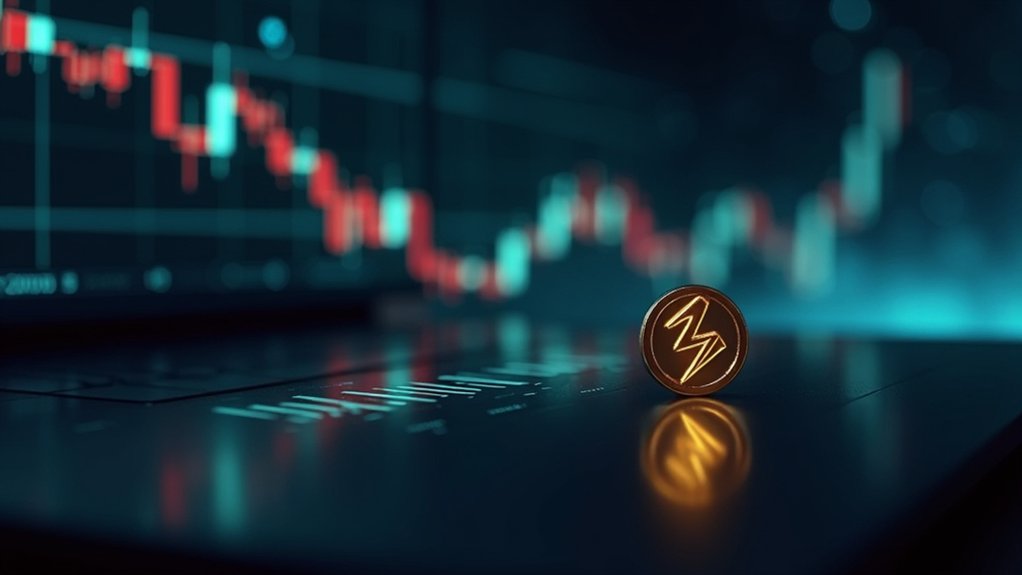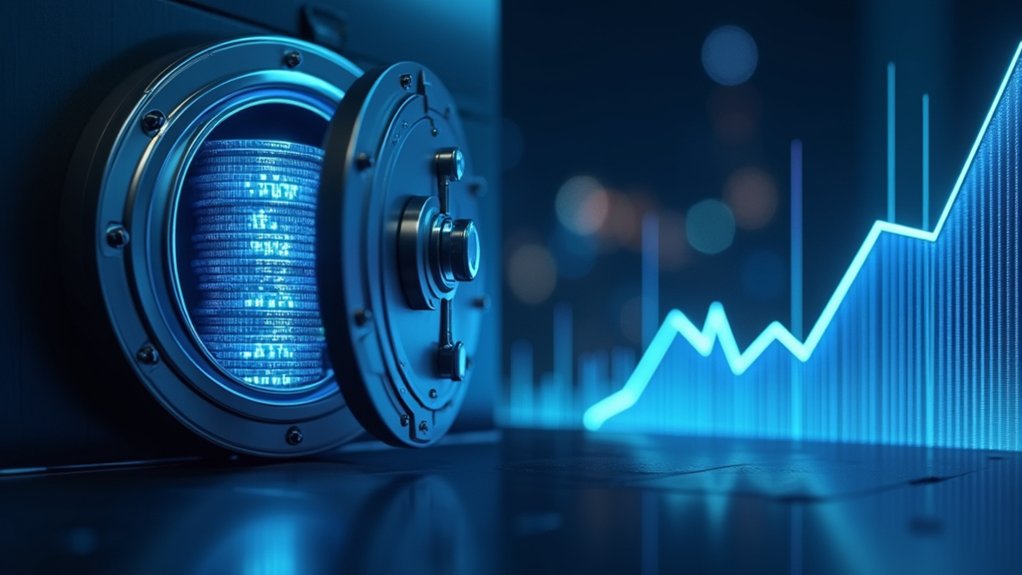The forthcoming public hearing scheduled for August 20, 2025, at the Chamber of Deputies in Brasília represents a pivotal juncture in Brazil’s fiscal policy deliberations, as legislators, financial authorities, and sectoral experts convene to scrutinize Bill 4.501/2024, which proposes the allocation of up to 5% of the nation’s sovereign reserves—approximately $15 billion based on current valuations—to Bitcoin acquisitions, thereby initiating a potential paradigm shift in reserve asset management aimed at diversification away from traditional US Treasury securities, risk mitigation against currency volatility and geopolitical instability, and the strategic incorporation of blockchain technology within the country’s macroeconomic framework. This hearing, the first of its kind in Brazil, emerges amid a complex landscape of cryptocurrency regulation, wherein governmental agencies such as the Central Bank and the Ministry of Finance are called upon to balance innovation with prudential oversight, while ensuring that reserve diversification strategies align with both national interests and global financial stability imperatives. This initiative is part of a broader trend of countries considering or developing crypto reserves. International organizations like the FSB emphasize the importance of consistent regulatory principles to manage risks associated with crypto-assets.
The legislative proposal, introduced by Federal Deputy Eros Biondini in late 2024, explicitly authorizes Bitcoin purchases using a capped portion of Brazil’s National Treasury funds, signifying a deliberate move toward integrating digital assets into sovereign reserve portfolios traditionally dominated by US Treasury bonds. This initiative reflects a broader recognition of cryptocurrency’s potential to act as a digital gold standard, enhancing portfolio resilience against inflationary pressures and currency devaluation risks, yet concurrently necessitates extensive regulatory frameworks that address volatility, custodial security, and compliance challenges inherent to crypto-assets. The hearing’s agenda, inclusive of testimony from financial institutions, fintech innovators, and crypto advocacy groups, underscores the multifaceted nature of the discourse, encompassing technical, economic, and legal dimensions pertinent to the proposed reallocation of sovereign wealth. Central Bank of Brazil is among the key institutions participating in the hearing, providing critical perspectives on financial stability concerns.
Moreover, the deliberations are poised to influence Brazil’s positioning within the evolving global financial ecosystem, where emerging economies increasingly contemplate cryptocurrency integration as both a hedge and a catalyst for blockchain adoption in public and private sectors. The institutional participation of entities such as Febraban and experts like Diego Kolling further accentuates the intricate interplay between established banking frameworks and nascent digital finance paradigms, highlighting the necessity for a calibrated approach to cryptocurrency regulation that safeguards systemic integrity while fostering innovation. As such, the hearing embodies a critical evaluative process that may set precedents for reserve diversification policies worldwide, reflecting an intersection of fiscal prudence, technological advancement, and regulatory evolution. This is especially significant given the challenges of imposing Know Your Customer (KYC) requirements on decentralized financial ecosystems.









